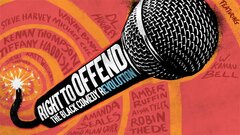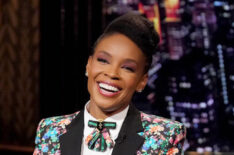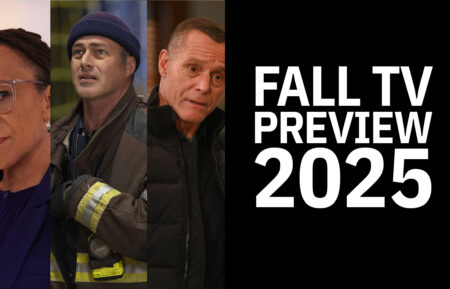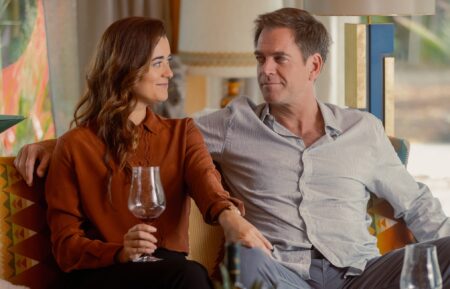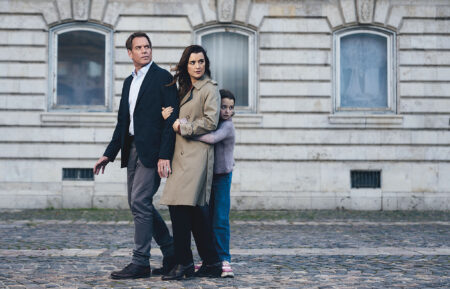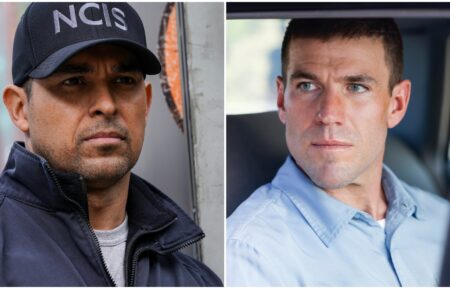Rain Pryor on Her Dad’s Legacy & ‘Right to Offend: The Black Comedy Revolution’ Doc
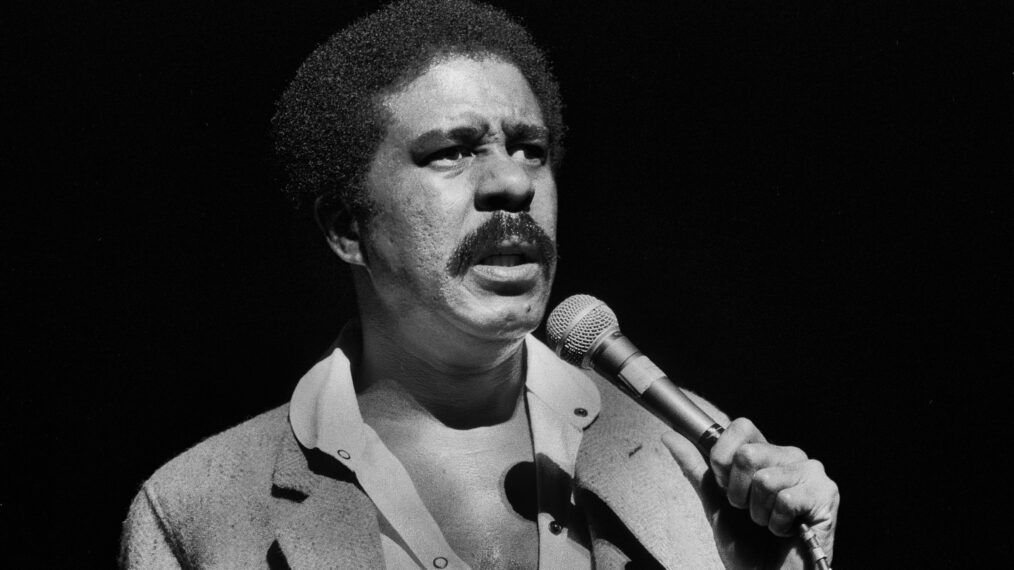
Q&A
On the surface, biting jokes can generate laughter. They can also cut deeper in meaning and impact as seen in Right to Offend: The Black Comedy Revolution. An upcoming two-part A&E documentary chronicles the evolution and social awakening of black comedians over decades.
These fearless entertainers have used and continue to use their respective stages to take a stand and shine a light on atrocities of the time and racial stereotypes, possibly sparking change in the process. Executive produced by Kevin Hart’s Hartbeat Productions and Time Studios, viewers are taken on a journey through history from the early days from the likes of comic turned civil rights activist Dick Gregory and character performer Moms Mabley right to those who carried the torch since.
Rain Pryor, daughter of another pioneer Richard Pryor, was happy to participate alongside family and top industry names to further bring awareness of what her dad and others have done. We sat down with Rain, a triple-threat in her own right (Head of the Class!), to discuss the importance of the doc.
When the idea for the documentary was first brought to you, what were your thoughts?
Rain Pryor: When it was explained to me that they were going to talk about the history and social activism of Black comedy from past eras until now, I was very interested in representing dad because he is considered a pioneer. So, to talk about him in that light and talk about his social relevance to me was refreshing as opposed to just being asked, “How was he as a dad?”
You got to visit his old stomping grounds including Cafe Wha?. Did the memories come flooding back?
All the memories flood back. My dad for us is never gone. Physically, yes, but his essence is not gone. To always go where he has been before feels empowering because you always see his impact. You see where his voice started to get going, spending time even at The Comedy Store and watching him work on sets. Even my mom at the time was a stand-up comedian. I watched all the different comics work out their material to become who we know they are today. It always feels good. It’s like, “Yeah, my dad did that.”
A new generation could possibly be introduced to him through this project.
When you have someone who was my father, in his stand-up and even in his personal life, to watch him be vulnerable and divulge himself to the world the way he did and make the audience made up of all kinds of people laugh, I think, that has such relevance for today. We want to bring our communities together and find commonality and get away from all the separatism that we have going on. My dad was part of that. This documentary does a really great job of showing all those different levels of understanding. A new audience can see what it used to be and reflect too on today because, in terms of the politics and social stuff we’re going through, it’s very similar to what my dad was talking about at that time as well.
You see the parallel between history and how comics took on these important issues and maybe gave a voice to the voiceless through the eras. One of the things touched on is the “N” word and its use of it. How do you feel this topic was tackled?
I think what I loved the best was seeing my sister [Elizabeth] who is a professor at Smith College and teaches about understanding the “N’ word and the use of its social relevance and its cultural significance. That was exciting and different, when you hear about the “N” word. I was the child of someone who literally said on the stage in 1979, “I went to Africa and will no longer use that word because I didn’t see that there.” It always had a great impact, even today when all our music and things we see are full of it. We have to question why we say it and its significance. There is still power in that and how to address it. All that comes together.
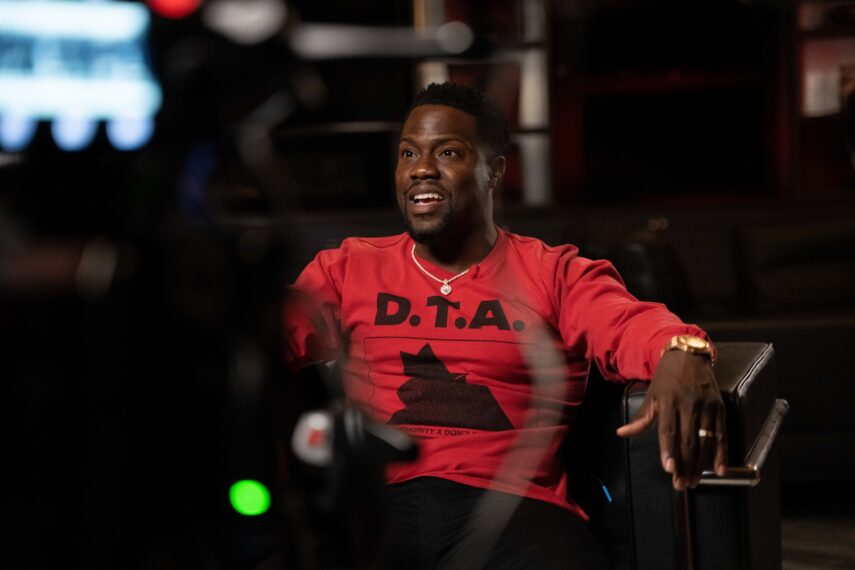
A&E
What do you think your dad would have thought about this world of social media and podcasts and other avenues comics are using to get their word out there?
My dad would say where are the voices willing to take risks? Other than Dave Chappelle, Chris Rock, or even a Wanda Sykes, where are the comics willing to go to that edge and take that risk and talk about the truth in a different way? My dad was a different kind of storyteller, and it was a different era.
Dave Chappelle was attacked on stage not long ago during a set at the Hollywood Bowl. The world saw what happened with Chris Rock and Will Smith. What do you make of these headlines where comics may have to worry about offending someone to the point an audience may take physical action?
I think it speaks to what is socially going on and what has happened in the last, I would say, six years to me. That’s when you start to see it being risky to say certain things on stage and the way you say it and the way the audience reacts. Then we went into this very volatile, political time where things were just being said and people were given permission and emboldened to fight and have physical altercations. You’re just seeing the residue of that. I think it’s a sign of the times when we have to look at what freedom means to us.
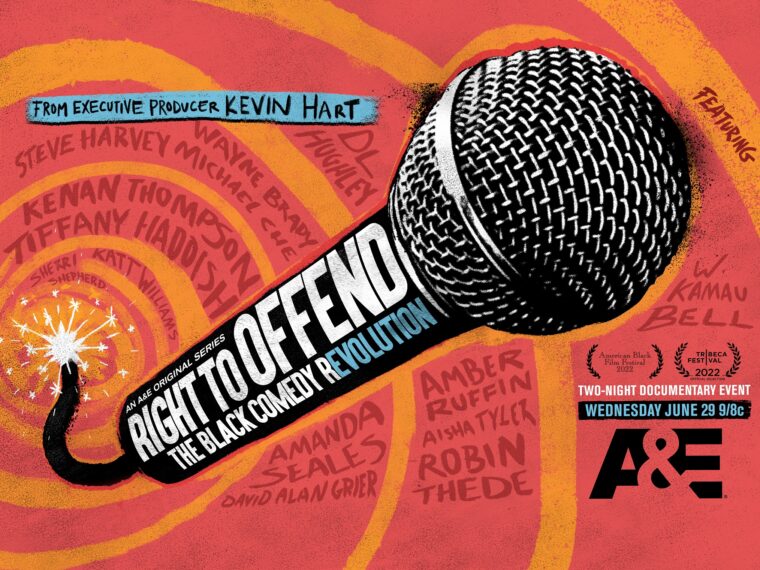
A&E
You decided to go into the entertainment business. How did your dad respond?
My whole family was in the business. I didn’t know anything else. I was given the afro-colored wig as a kid. I was supported. My dad would come to the set of Head of the Class because he also had an office there at the time, too. He would come and visit and straighten me out at times when I felt I was Ms. Hollywood. He would be like, “No you’re not. Act right.”
What do you hope viewers walk away with after watching this doc?
I really do think it will create a conversation as a whole. This shows a different aspect of Black history that has a lot of potency in the world today. It goes back to talking about first amendment rights, the social and political climate at the time, and the cultural topics in every family home right now. Even those looking into getting into stand-up, they have to ask, “What do I want to say? Who do I want to be when I’m up there? Am I willing to take that risk as these pioneers did to change a culture?”
Right to Offend: The Black Comedy Revolution, June 29 & 30, 9/8c, A&E
